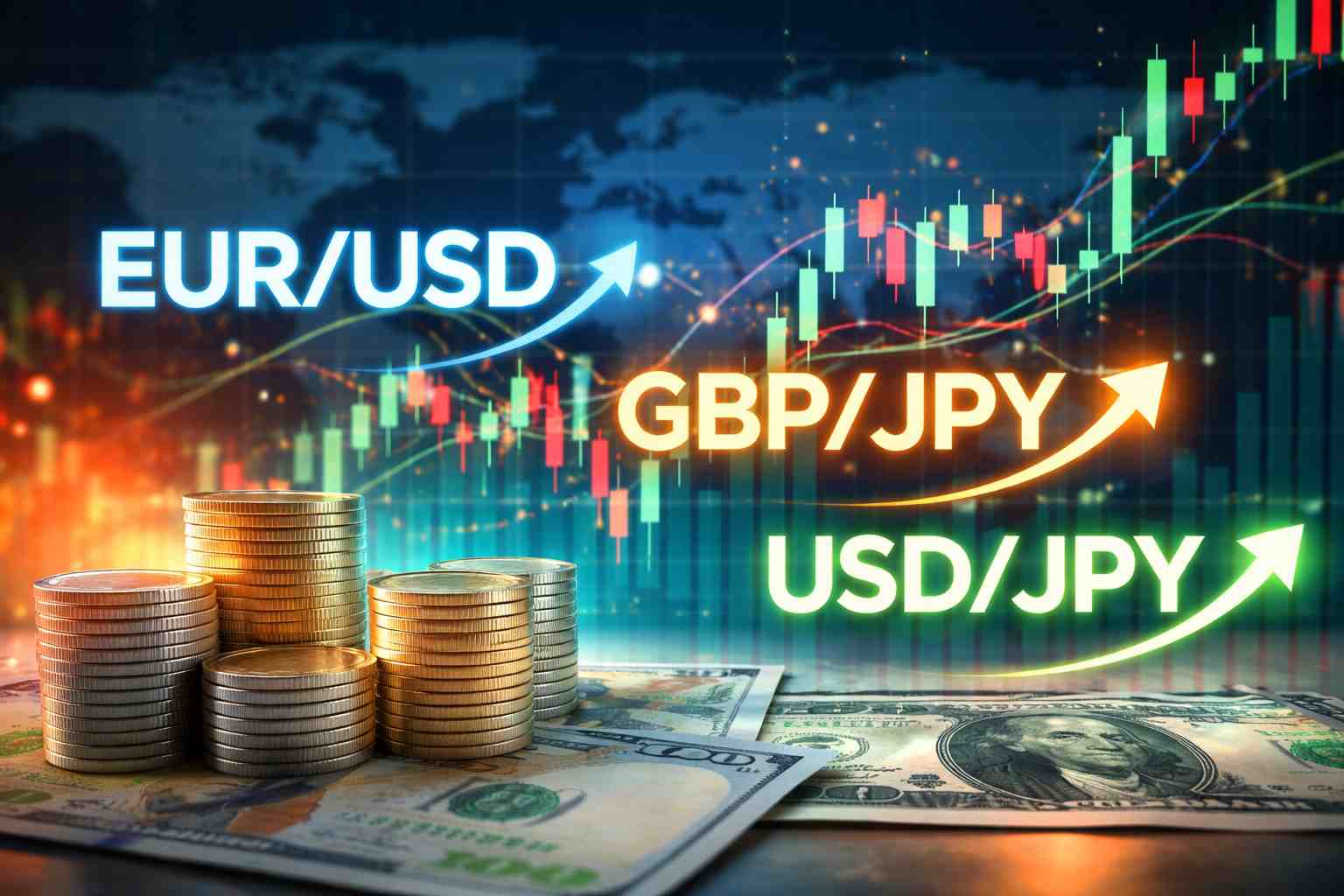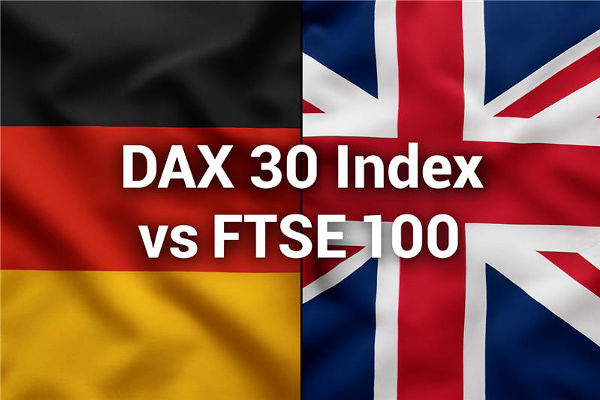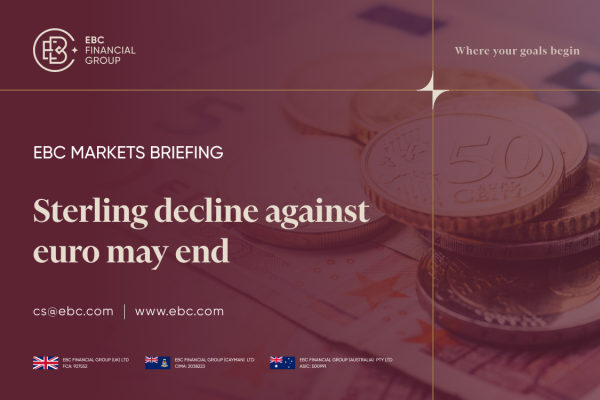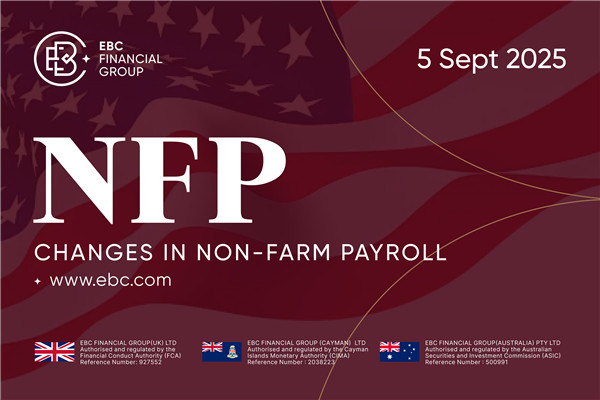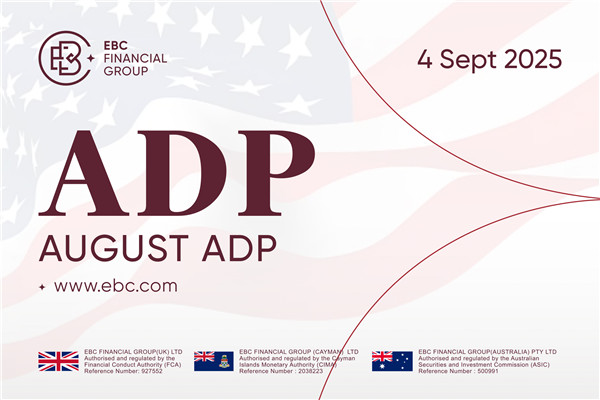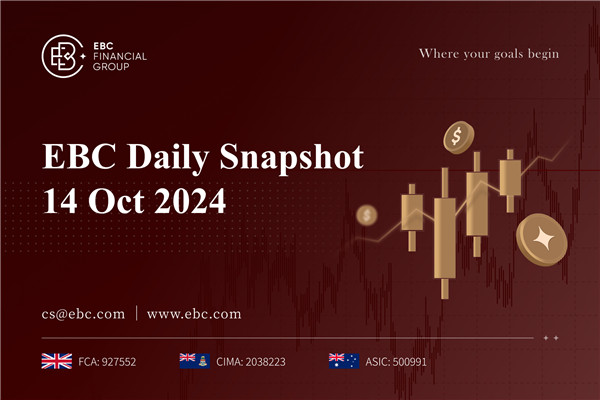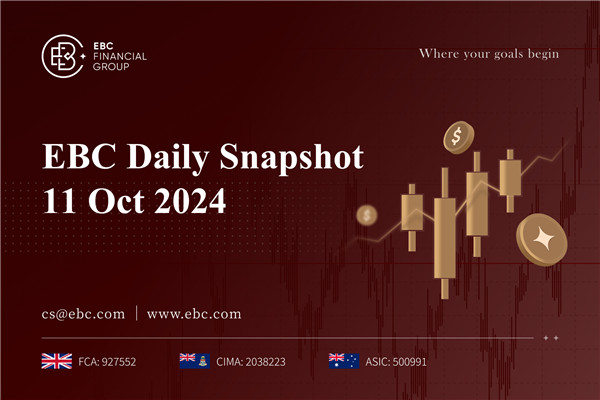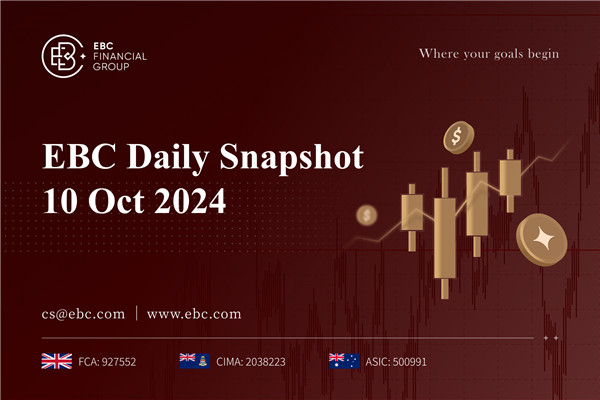Eurozone Inflation Cools
Sterling hit a 5-1/2 month high against the euro on Wednesday after data
showing lower inflation in major European markets.
The euro is down around 1.5% against the pound in May, which would be the
biggest monthly decline since October.
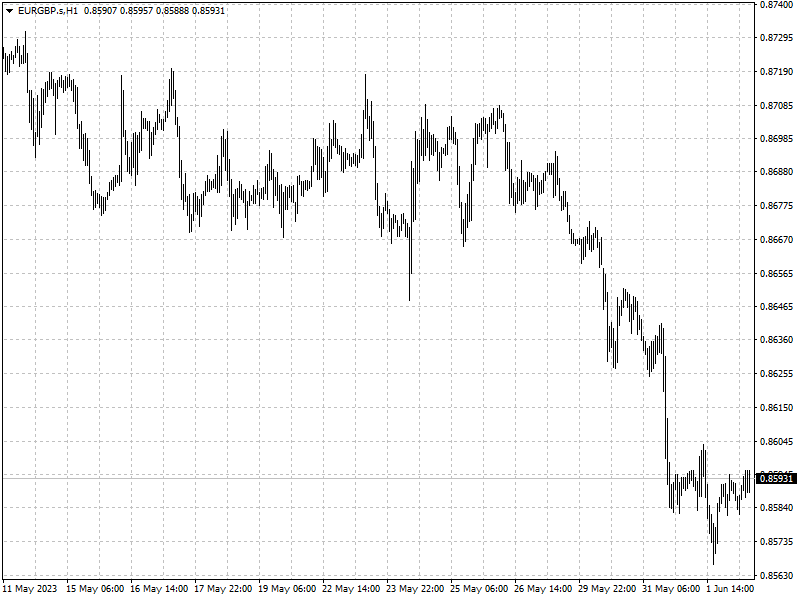
Eurozone inflation has fallen more than economists expected to hit its lowest
level since Russia’s invasion of Ukraine more than a year ago.
Annual consumer prices in the 20-country single currency bloc rose 6.1% in
the year to May, a sharp decline from 7% in April.
Prices in the eurozone have cooled faster than the UK, where inflation hit
8.7 per cent in April, the joint highest alongside Italy's among the world's big
advanced economies.
Eurozone energy prices fell 1.7 per cent from a year ago in May. ECB
president Lagarde said it should limit firms’ ability to further raise profit
margins, which has been a key factor driving recent price pressures.
Investors are betting it will lift rates by another quarter-percentage point
at its next meeting in two weeks’ time and once more in July before pausing.
Core inflation fell to 5.3% and annual inflation fell in 18 out of the 20
eurozone member countries while the UK’s reading rose to its record high at
6.8%.
'Sick man' of Europe
UK inflation in 2023 is becoming similar to the problem in the 1970s, when
people talked about a “British disease” making the country the “sick man” of
Europe.
While most leading economies have recovered, the UK still has about 400,000
more people not working than in December 2019.
A study by two think tanks suggests there are 330,000 fewer workers in the UK
as a result of Brexit, with sectors such as transport, hospitality and retail
have been particularly hard hit.
With older workers leaving the labour market altogether, and record levels of
long-term sickness among the UK working age population, the lack of available
staff to fill near-record job vacancies could force employers to increase
wages.
Food inflation rose at the second-highest rate on record in May, partly
fuelled by extreme weather affecting Spain and Morocco, the main suppliers of
vegetables.
Brexit trade barriers had contributed 8 percentage points of the 25 per cent
rise in food prices between 2019 and March 2023, LSE’s new research showed.
The Prime Minister Sunak is considering asking retailers to cap the price of
essential food items in desperate though Andrew Opie, director of food and
sustainability at the British Retail Consortium said controls would not take
effect.
Adding to the price pressures, the UK is more exposed to rises in the prices
of wholesale gas.
Jonathan Haskel, a member of the BoE's MPC said cited the UK being a bigger
user of gas to heat homes and keep lights on than other European countries.
Taxes being lower on electricity and gas paid by UK consumers compared to
their European neighbours meant when wholesale gas prices rise, UK energy bills
"would be expected" to go up more than others, he added.
Euro on The Back Foot
Markets were looking at expectations for the BoE's main interest rate for
indications about where the pound trades from here.
BoE Governor Andrew Bailey and other top officials at the central bank have
said they will respond if there are signs of persistently strong inflation
pressure.
The BoE has raised rates to 4.5% and they are expected to reach 5.5% later
this year after last week's stronger-than-expected inflation data.
Allan Monks, UK economist at JPMorgan, said this was alarming and would
prompt the BoE to raise interest rates further.
'(The data) cannot be described as a one-off or simply as an indirect
byproduct of food and energy price gains, as the BoE and the doves have tended
to suggest up until very recently.'
Both IMF economists and bank experts upgraded their UK growth forecast to
0.4% and 0,.25% for 2023 respectively despite persistently high inflation,
leaving room for policymakers to act more aggressively.
Any meaningful euro appreciation against the pound could be short-lived
though the single currency drew some support from hawkish comments by ECB
President Christine Lagarde on Thursday.











